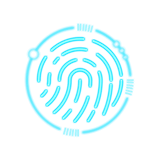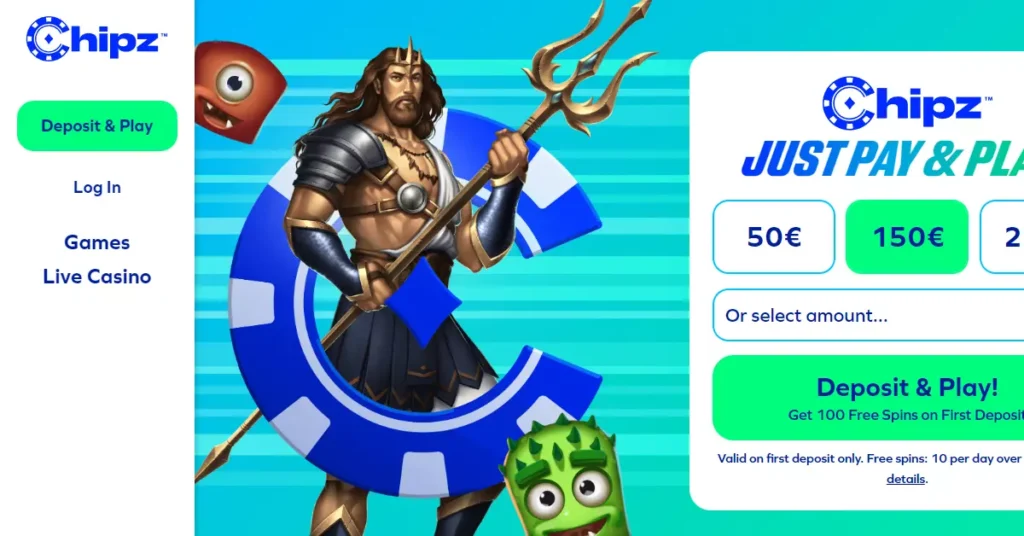5 ways to protect yourself from identity theft

Identity theft is one of the newest and most rampant forms of theft. It occurs when your critical personal information is stolen from you by strangers, and used by them to commit fraud by impersonation. Identity thefts both online and offline are on the rise – and hackers use different methods to steal personal information of people.
Most identity thefts happen via digital mediums. Quitting digital platforms completely isn’t a feasible solution – rather, it’s important to be aware of what we can do to prevent these thefts from happening in the first place. We’ve listed 5 ways that can help you protect yourself from online and offline identity thefts – let’s have a look:
1. Avoid sharing personal information on social media
Each one of us has a digital presence on different social media platforms. While we love sharing photos and videos on these platforms, what we don’t realize is that social media is a threshold for identity hackers. You need to be careful of the information you put out there – and it’s advisable to steer clear from sharing details such as your full name, email address, bank details, passport number or Social Security Number.
Even when it comes to sending information via messages, it is important you stick to sharing your details only with known, verified sources. It’s not uncommon to come across a phishing attack as you’re randomly scrolling through a website or checking your emails – avoid clicking on these suspicious links, and even if you do, do not fill in any personal details.
2. Dispose off your documents safely
How often do we casually throw away our online delivery packaging, without hiding all our personal details that come printed on it? Almost always. We don’t realize that even these small things can result in identity theft – hence, whenever you discard a package with your name, address and other details on it, simply cross out all personal details and then dump it.
For other important documents, you need to ensure you store them safely in your home. If you don’t require certain documents, shredding is the best way out. Your paper records too, are easy targets for thieves – hence you need to be careful about how you dispose of these important documents too.
3. Check your account statements for any unusual activity
Even if it’s a couple of dollars, if you find anything amiss in your account statement, it’s important you look into it immediately. Identity thieves usually start off with hacking small amounts of money that would go unnoticed at first. Gradually, they start siphoning off huge amounts of money from your account and by the time you realize, it’s already too late.
Hence, it is advisable to review your accounts frequently and verify all transactions that have happened via them. These days, thanks to digitisation, keeping track of your accounts is easy – all you have to do is log in and check every now and then to ensure your account isn’t hacked by identity thieves.
4. Use secure wireless networks to access sensitive data
No matter how much they emphasize on how safe their wireless networks are to use, simply avoid using the wireless networks in public spaces. These include coffee houses, airports, libraries or any other place where you know the network isn’t secure. Even the wireless network in your home isn’t safe if it is not secured.
Make sure you access all your critical data, such as bank accounts or carry out online transactions only when you’re connected to a proper, verified and secured wireless network. It’s the best and easiest way to keep your sensitive data safe and sound.
5. Use reliable no verification services
Quite a lot of casinos emphasize that users provide information such as name, banking details and address to access their platform. Casinos then validate this data, before they permit users to play and withdraw funds. However, these days, there are a number of no-verification casinos on the rise.
The no verification withdrawal casinos do not require users to provide or verify their personal details to sign up on their platforms. Instead, users can anonymously start playing in these casinos, depositing and withdrawing money as they require, without any verification.
Players still need to be above 18, but the main process of KYC (Know Your Customer) isn’t required. Casinos can verify the age of users in many different ways too. As users do not have to hand in any personal information, the no verification casinos improve their safety and security. There is no chance for their personal data ending up in the hands of indemnity thieves.
Summing Up
We’ve listed the five best, and most effective ways to secure yourself from the flats. It is better to be aware and alert and take timely precautions as you navigate through the different types of online or offline threats that are rampant these days. We hope these tips help you!



